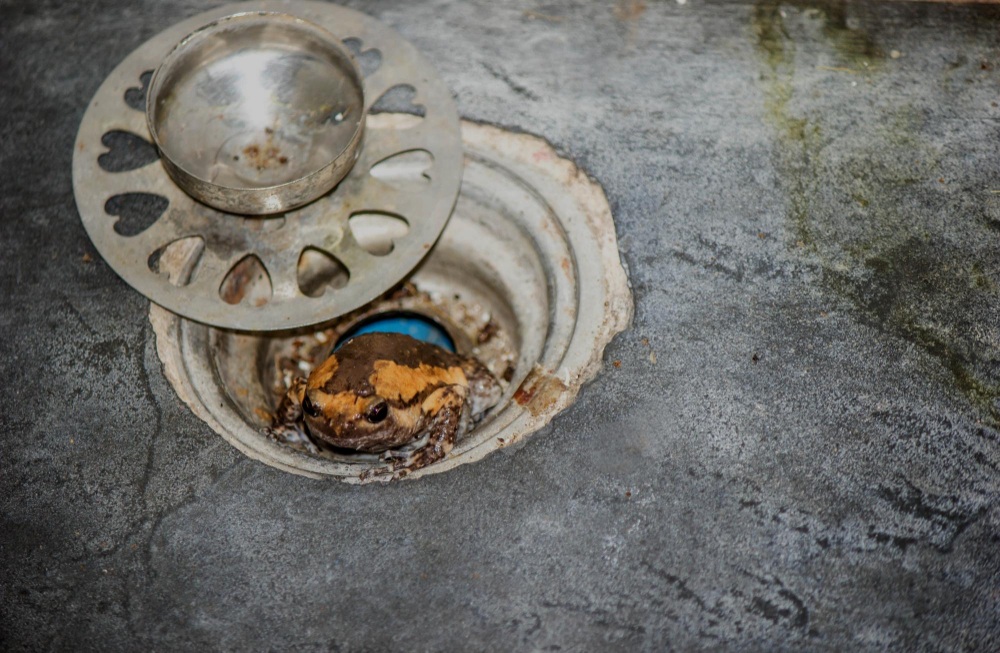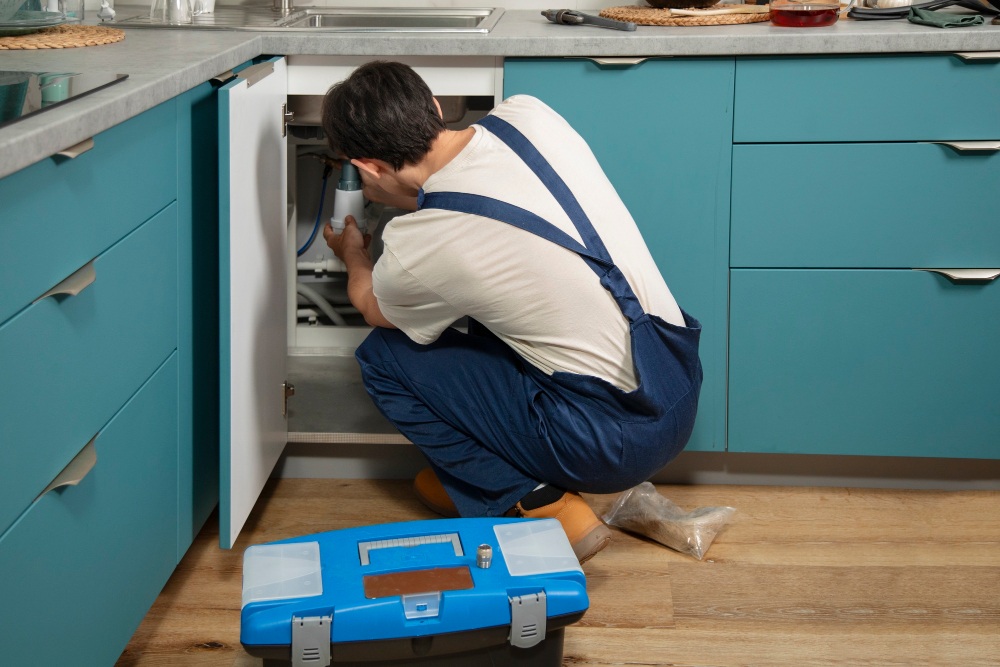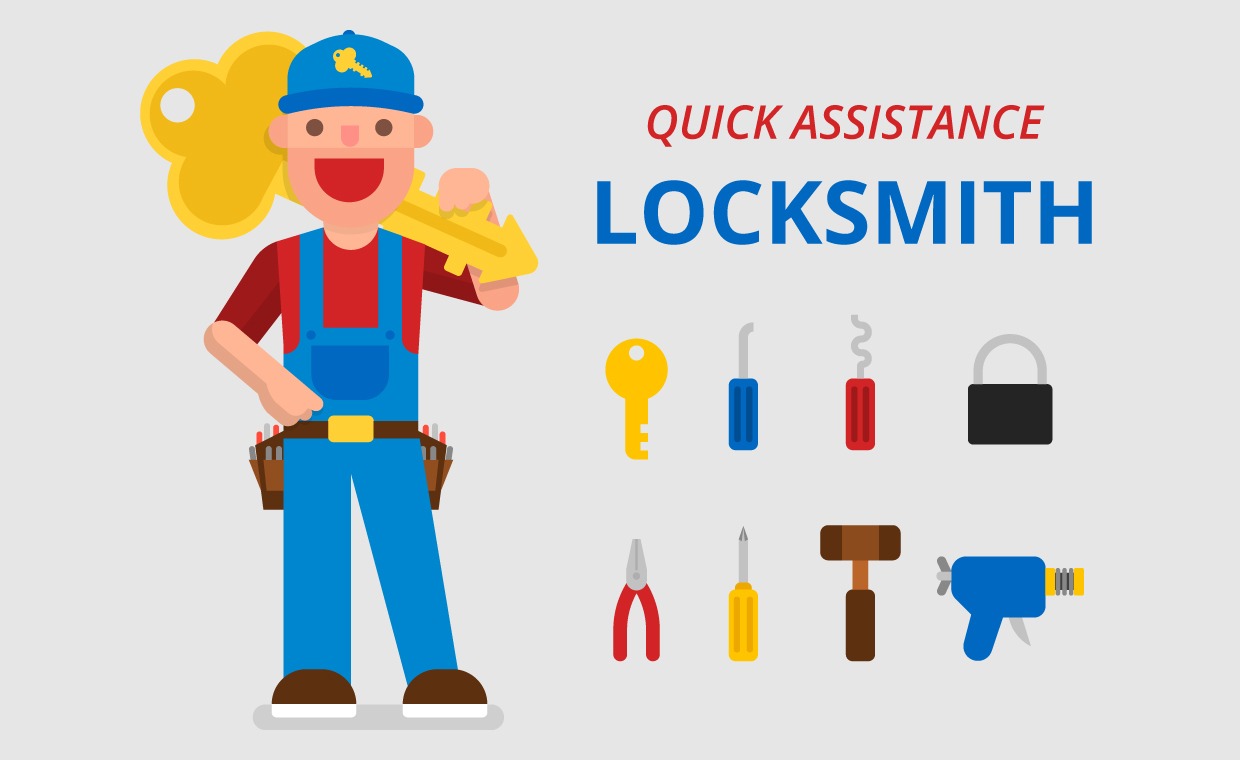
Table of Contents
Quick Summary
- Many drains fail early due to substandard materials and poor installation.
- Cheap pipes, weak joints, and harsh chemicals speed up damage.
- Smart choices like Schedule 40 PVC, HDPE, or ductile iron prevent premature failure.
- Poor drainage harms soil, increases flooding risks, and attracts pests.
- Warning signs include gurgling sounds, foul odors, slow draining, or multiple clogs.
- Regular maintenance like annual cleaning and avoiding grease protects drains.
- Weather and soil shifts can crack or misalign pipes, especially older clay or Orangeburg.
- Choosing a licensed plumber who uses durable materials ensures long-lasting systems.
Nothing feels more frustrating than dealing with a slow drain or a backup in a fairly new home. Too often, homeowners are blindsided by drain problems that show up long before they should.
Poor materials, rushed installations, and quick-fix solutions create avoidable plumbing headaches. Here, the top team for plumbing in Tempe, AZ, explores why some drains fail sooner than projected.
The Downside of Substandard Materials
Many drain failures can be traced to one simple issue: cheap materials. Thin-walled pipes, subpar fittings, and the wrong types of glues wear down fast. Even harsh chemical drain cleaners and hard water speed up the process, making drain problems even worse.
Here’s why it matters:
- Thin pipes are more prone to cracks and leaks
- Improper glues cause joints to fail
- Weak materials corrode faster under regular water pressure
Investing in better materials at the start, like Schedule 40 PVC or durable HDPE, means fewer surprises, and fewer expensive repair visits.
What are the Effects of Poor Drainage Systems?

Poor drainage systems actively harm your property and well-being in unseen ways. When water consistently pools or runs off improperly, it washes away valuable topsoil, leading to erosion and significantly reduced soil fertility. This makes it harder for grass and plants to thrive, weakening your entire landscape.
Beyond soil degradation, properties with poor drainage experience more consistent and severe flooding. This creates a host of additional problems. Stagnant water provides ideal breeding grounds for mosquitoes, increasing the risk of insect-borne illnesses.
The Importance of Smart Material Choices
Most people blame debris or grease when drains back up. However, the real issue usually lies in the pipe itself. “Not all plastic pipes are created equal,” says Mike Hamilton, a master plumber with 20 years of experience. “Using Schedule 40 PVC or choosing chemical-resistant HDPE can add decades of trouble-free use.”
Here are a few smart material upgrades:
- Schedule 40 PVC for better wall thickness and durability
- Ductile iron for high-traffic, underground systems
- HDPE pipes for superior chemical and corrosion resistance
Mixing incompatible pipe types for a drain replacement often speeds up corrosion and can cause joints to fail.
When Drain Issues Signal Larger Problems

Mainline issues cause water to back up in multiple places in your home. Older materials like clay or Orangeburg pipes collapse under pressure, creating widespread problems. Replacing these outdated pipes with modern options like HDPE or properly installed PVC can help you avoid plumbing troubles.
Signs your drains may need serious attention:
- Multiple fixtures clogging at once
- Foul odors coming from drains
- Standing water that never clears
Signs Your Drains Are About to Fail
Pay attention. Your drains will give you clues before they stop working. Early warning signs include gurgling, recurring slow draining, or odd smells. Addressing these issues quickly can prevent bigger disasters.
Quick checklist for homeowners:
- Do you hear gurgling or bubbling?
- Are foul smells wafting up from sinks or tubs?
- Do water levels rise and drain very slowly?
If you notice any of these, call a plumber before small signs become costly repairs.
The Role of Routine Maintenance
Skipping cleanings or relying too much on harsh chemicals can wear down pipes and joints. Regular drain maintenance is one of the best ways to extend your drain system’s lifespan.
Here are a few habits that help prevent premature drain failure:
- Avoid pouring grease down the sink
- Use hair catchers in showers
- Schedule a yearly drain cleaning to clear buildup
Professional maintenance can catch small problems before they cause serious damage.
How Weather and Soil Impact Drains
Shifting soil and temperature swings also put stress on drain lines. Heavy rain can shift soil and put extra weight on underground pipes, especially in older materials like clay or Orangeburg. Extreme cold can cause brittle materials to crack, and dry soil can shrink and leave pipes unsupported.
If you live in a region with fluctuating temperatures or heavy rainfall, choosing ductile iron or properly bedded Schedule 40 PVC can help you avoid these common failures.
Choosing the Right Plumber
Your drain is only as effective as its installation. Choosing a trustworthy plumber is key to preventing problems. Always ask questions like:
- Are you licensed and insured?
- Do you specialize in drain repair and replacement?
- What materials do you use and why?
- Can you provide a clear, up-front estimate?
A qualified pro will take the time to explain options and help you choose the most durable materials for your system.
A small drain issue can become a major plumbing issue because of negligence. Experienced technicians from a reputable plumbing company can inspect your drains and give you recommendations on what durable materials you should choose. With durable materials and proper installation, your drains can have a long, trouble-free life.
Also Read: Sewage Smell in the House? It Could Be a Bigger Problem Than You Think
FAQs: Foundation Repairs
Q1: What causes early drain failure in homes?
Early drain failure is often caused by thin pipes, improper fittings, harsh chemicals, and poor installation.
Q2: What are the best materials to prevent drain problems?
Durable options like Schedule 40 PVC, HDPE, and ductile iron pipes provide long-term reliability.
Q3: How can I tell if my drains are failing?
Warning signs include gurgling noises, recurring clogs, foul odors, and standing water that doesn’t clear.
Q4: How often should I schedule drain maintenance?
Professional drain cleaning once a year helps prevent buildup and catch small issues before they worsen.
Q5: Can weather affect drain systems?
Yes, soil shifts from heavy rain or temperature changes can crack or misalign older or weaker drain materials.






























